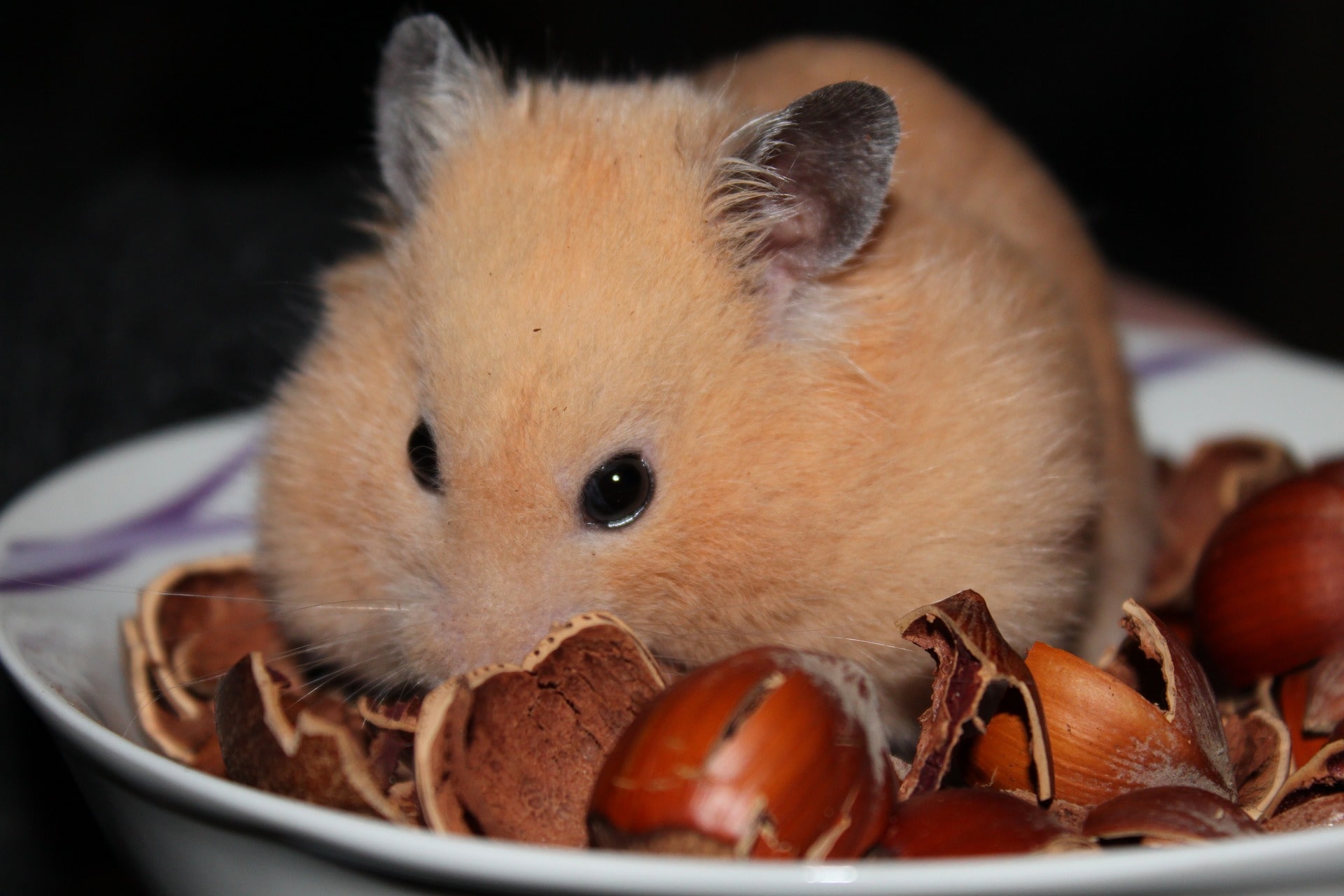Hamsters are small, cute and low-maintenance pets that are popular among children and adults alike. They are easy to take care of, but it’s important to make sure they are getting the proper nutrition. The right diet and supplements for hamsters makes all the difference.
A balanced diet and proper supplements can help keep your hamster healthy and happy. As a pet owner, it’s your responsibility to understand the dietary needs of your hamster and provide them with the right food and supplements.
Diet
Hamsters are omnivores, which means they eat both plants and animals. Whether you have a newborn hamster or a seasoned veteran, diet and supplements for hamsters are crucial. A good diet for a hamster should include a mix of fresh fruits and vegetables, hay, and a small amount of protein. The diet should also be low in sugar and fat, as these can cause obesity and other health problems.
Fruits and Vegetables
Fruits and vegetables should be offered in small amounts as treats and should not make up the majority of their diet. It is important to provide a variety of fresh fruits and vegetables to your hamster. Some good options include carrots, apples, broccoli, and spinach. You should also avoid certain fruits and vegetables such as avocados, onions and garlic as they can be toxic to hamsters.
Timothy Hay
Timothy hay is the best option for your hamster. It is high in fiber and helps keep their teeth healthy. It should be provided at all times, but be sure to avoid hay that is moldy or dusty. Hay is also a good source of Vitamin K, which is important for blood clotting and bone health.
Protein
A small amount of protein is also needed in a hamster’s diet. This can be provided in the form of mealworms, crickets, or commercial hamster food. Be sure to offer these in small amounts as too much protein can cause health problems like obesity and liver disease. Hamsters are also known to hoard food, and it’s important to ensure they are not overeating on protein-rich food.
Commercial Hamster Food
Commercial hamster food is readily available in pet stores and can provide a balanced diet for your hamster. However, it’s important to check the ingredient list and avoid foods that contain a lot of fillers, like corn, wheat, and soy. Also, look for a food that is high in protein, low in fat and contains no artificial colors, flavors or preservatives.
Water
It’s essential to provide your hamster with fresh and clean water at all times. You should change their water daily and ensure their water bottle or bowl is cleaned regularly.
Supplements
In addition to a balanced diet, there are a few supplements that can be beneficial for your hamster. Proper diet and supplements for hamsters goes a long way in avoiding illnesses and disease.
Vitamin C
Hamsters are unable to produce their own Vitamin C and therefore it is important to provide it in their diet. You can provide Vitamin C in the form of fruits and vegetables, or by adding a Vitamin C supplement to their water. A lack of Vitamin C can lead to scurvy, a disease characterized by symptoms such as lethargy, anemia, and bleeding gums.
Calcium
Calcium is important for the health of a hamster’s bones and teeth. You can provide calcium by offering them crushed eggshells or a calcium supplement. A lack of calcium can lead to weak bones and teeth and increase the risk of injuries.
Probiotics
Probiotics are beneficial bacteria that help maintain a healthy digestive system. These can be found in yogurt or can be added to their water as a supplement. Probiotics can help prevent diarrhea and other digestive problems.
Final Words
Providing your hamster with a balanced diet and proper supplements is essential for their overall health and well-being. It’s important to understand their dietary needs and provide them with the right food and supplements.
A diet that includes a mix of fresh fruits and vegetables, hay, and a small amount of protein is ideal for a hamster. Additionally, supplements such as Vitamin C, Calcium, and Probiotics can also be beneficial in maintaining their health.
It’s also important to monitor your hamster’s weight and body condition, as obesity can lead to a variety of health problems. If you notice your hamster is gaining weight, adjust their diet and increase their exercise.
It’s always best to consult with a veterinarian before making any changes to your hamster’s diet or adding any supplements. They can help you create a customized diet plan that will meet the specific needs of your hamster. By providing the correct diet and supplements for hamsters, you can ensure that they will live a long and healthy life.
